The lives of Indian women began to change significantly in the late nineteenth century when the colonial government, critical of the treatment of both Hindu and Muslim women, found allies among Indian reformers. Keen to reform their own society, these men agreed that women should be educated and play some role in public life. By the end of the nineteenth century, Indian women were attending schools and colleges, becoming teachers and doctors, writing works of fiction and essays about their condition, joining organizations to promote social reform, and participating in political meetings. They were referred to as “new women,†and like the next generation who joined the freedom movement, they entered public spaces reserved for men. This collection of essays on politics, medicine, and historiography is about these women, as participants in nationalist politics and colonial schemes to provide Western medicine for women, and as subjects of women’s history. Among the first historians to research and write about the lives of Indian women, Geraldine Forbes utilizes personal accounts, oral history, and photographs alongside more conventional archival documents. The author’s fascination and how people learn about, modify, and apply ideas and technology that come from outside their society is evident in these essays.
Women in Colonial India: Essays on Politics, Medicine, and Historiography
$27.90
$31.00
In stock
Free & Quick Delivery Worldwide
All orders amounting to US$ 50 or more qualify for Free Delivery Worldwide. For orders less than US$ 50, we offer Standard Delivery at $14 per book.
ABOUT THE AUTHOR Geraldine Forbes
Geraldine Forbs is Distinguished Teaching Professor of History at the State University of New York, Oswego. She began her research in India over three decades ago. Her focus has been colonial India, with special emphasis on women’s history. Her first book, Positivism in Bengal, was selected for the prestigious Rabindra Puroskar award by the West Bengal Government. Among her publications on the history and lives of Indian women are Women in Modern India. The Memoirs of Haimabati Sen, and a number of articles and book chapters. The series editor of Foremother Legacies, she has edited and introduced As Indian Freedom Fighter Recalls Her Life, and Memoirs of an Indian Women in this series. Geraldine Forbes is a member of the editorial board of the Journal of Women’s History and the editorial collective of Gender and History. Her current work is on Photographic Imagery and the History of Indian Women. In July 2004 she was chosen by the Organizing Committee of the Conference to receive an award for her contributions to Bengali society, arts and culture. She lives in Syracuse, New York which her husband Sidney Greenblatt.
reviews
0 in total
Review by Anonymous
Be the first to review “Women in Colonial India: Essays on Politics, Medicine, and Historiography” Cancel reply
You must be logged in to post a review.
Bibliographic information
Title
Women in Colonial India: Essays on Politics, Medicine, and Historiography
Author
Edition
1st ed.
Publisher
ISBN
8180280179
Length
viii+214p., Plates; Appendices; Index; 22cm.
Subjects
more by Geraldine Forbes see more
"Because I Am a Woman": A Child Widow’s Memoirs from Colonial India
The latest publication from ...
$45.90
$51.00

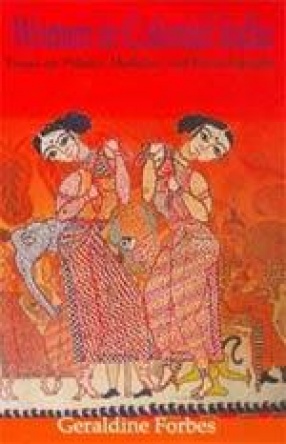
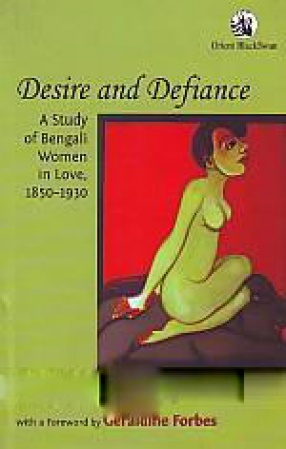
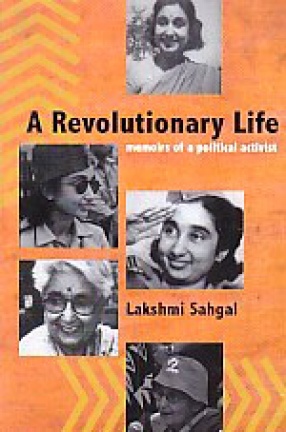
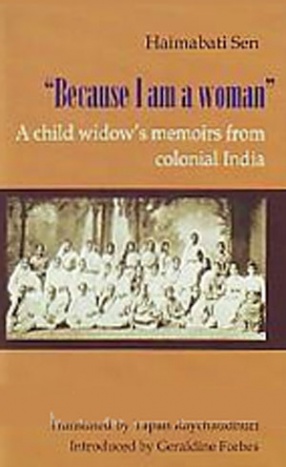
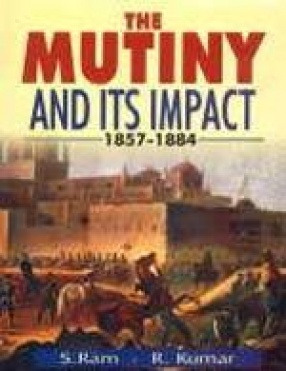

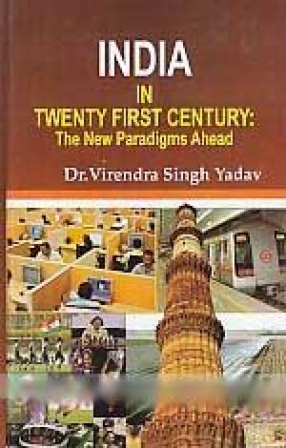
There are no reviews yet.